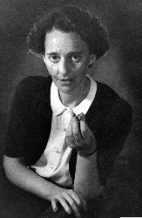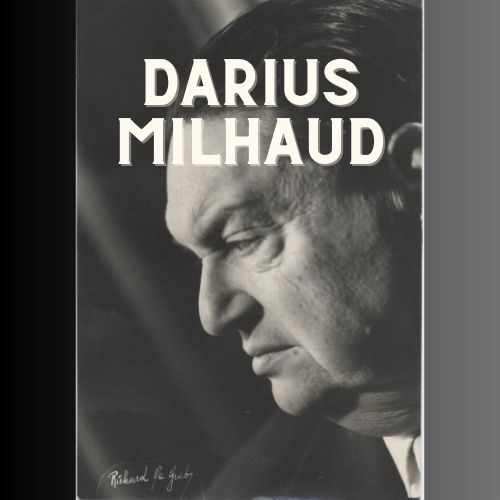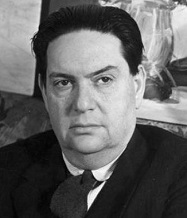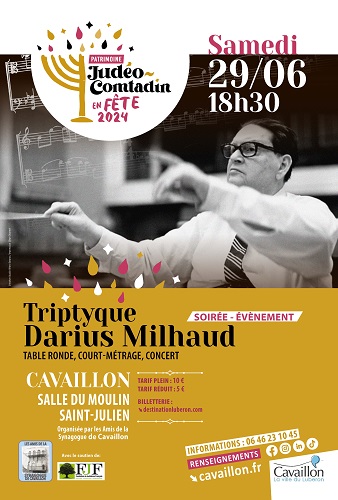
Author, poetess, playwright and translator
Poetess, author of books in prose for children and grown-ups, playwright, translator and specialist of literature, Leah (Leah) Goldberg is a monument of Israeli literature. Her texts inspired many Israeli singers.
Born on May 29, 1911 in Königsberg, at the time in East Prussia, Leah Goldberg spent her childhood in Kovna in Lithuania. When the first world war broke out, her family moved to Russia. There, her brother Emmanuel was born, but died of a life-threatening meningitis before turning 1 year old. This memory would haunt the poetess all her life.
At the end of the war, the family returned to Kovna. But the father, suspected of belonging to the communist party, was arrested by the Lithuanian authorities and cruelly tortured. He would never recover from the trauma he experienced, and became mentally ill, which caused the divorce of the couple. That tragic story strongly marked Leah Goldberg. After seeing that her uncle also suffered of a mental illness, she made the decision to not have children.
Since her dear childhood, Leah Goldberg felt a great attraction to literature and languages. In 1933, after following studies of philosophy and Semitic languages in the universities of Kaunas (Lithuania) and Berlin, she defended her thesis on the Samaritan dialect at the Bonn university. After she received her PhD, she went back to Lithuania where she taught literature at the Hebraic Gymnasium (high school) of Raseiniai. She joined the literary society Petah and, in 1932, her poems began to be published in newspapers in Hebrew. Thanks to receiving permission to immigrate sent by the poet Abraham Shlonsky, she moved to Palestine in spring 1935. There, she joined the group of modernist poets Yahdav (« Together ») in which belonged also Abraham Shlonsky, Nathan Alterman, Yaakov Horovitz and Israël Zmoura. In that same year 1935, she published her first poetry collection called Smoke Rings.
Her mother emigrated the following year, and both settled in Tel Aviv. Leah Goldberg found a job as literary council for the national theatre Habima and childrens’ book editor at Sifriat ha-Po’alim editions. She also was a redactor for Davar le-Yeladim and Orot Ketanim, magazines for children of the diaspora. She translated the most important works of foreign classic literature and wrote literary and theatrical reviews.
In 1954, she was appointed to be in charge of the literature class in Hebrew University of Jerusalem, then lecturer and finally professor. In 1963, she led the department of comparative literature at that university.
She died of cancer in Jerusalem on January 15, 1970, at the age of 59.
The childrens’ books written by Leah Goldberg, such as « My Friends from Arnon Street » (1943), « What Do the Does Do? » (1949), « Who Will Live in the Little Cabin? » (1959), « A Flat to Let » (1959), « Miracles and Wonders » (1954), « Where is Pluto? » (1957), « The Absent-Minded Guy from Kfar Azar » (1968) are still very popular nowadays, considered as jewels of Hebraic literature for young readers.
Her poems, characterized by a particular respect of rhyme and rythm, are still popular in the Israeli culture. Many of them have been put to music and performed by singers, such as Chava Alberstein, Yehudit Ravitz, Nurit Galron, Achinoam Nini, Arik Einstein and Yossi Banai.
Leah Goldberg received the « Ruppin Award » (1949) and the « Israel Award of literature » (1970) (given after her death, to her mother, Tzila, who will live 13 more years after her).
Sources: Wikipedia and Lettres d’Israel
Listen to the playlist The poems of Leah Goldberg put on music



